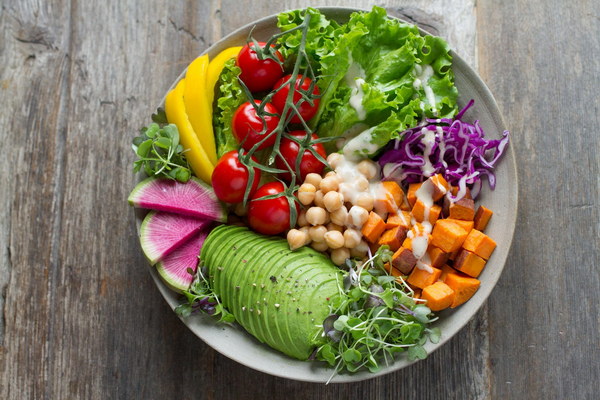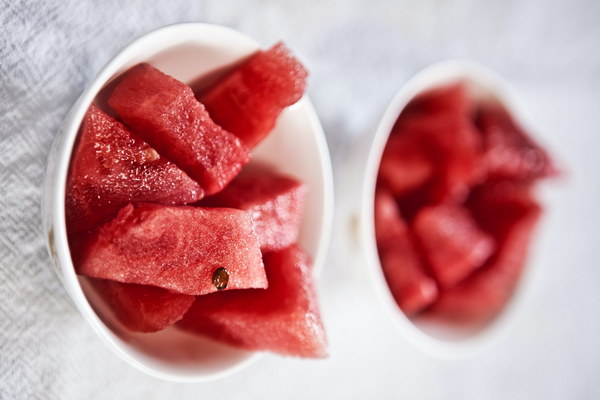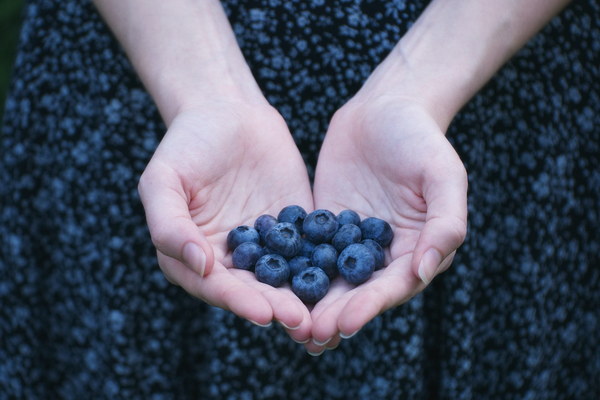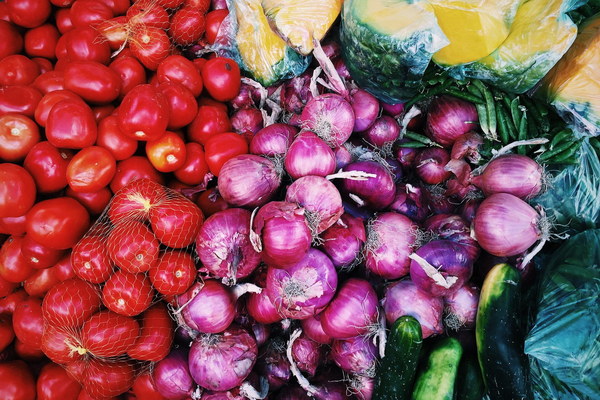Elderly Nutrition How to Maintain Health through Balanced Dieting for Seniors
Elderly Nutrition: How to Maintain Health through Balanced Dieting for Seniors
As we age, our bodies undergo various changes that can impact our health and well-being. Nutrition plays a crucial role in maintaining the vitality and longevity of our senior years. A balanced diet tailored to the specific needs of the elderly can significantly improve their quality of life. This article explores how seniors can optimize their diet to support their health and well-being.
Understanding the Nutritional Needs of Seniors
Seniors have unique nutritional requirements due to factors such as a slower metabolism, decreased appetite, and the presence of chronic diseases. Here are some key aspects to consider when planning a nutritious diet for the elderly:
1. Protein: Protein is essential for muscle maintenance and repair. Seniors should aim to consume about 0.8 grams of protein per kilogram of body weight daily. Good sources of protein include lean meats, fish, poultry, eggs, dairy products, legumes, and nuts.
2. Calcium and Vitamin D: With age, bone density can decrease, increasing the risk of osteoporosis. Adequate intake of calcium and vitamin D is crucial for bone health. Dairy products, fortified cereals, and fatty fish like salmon are excellent sources of these nutrients.
3. Fiber: A high-fiber diet can help prevent constipation, a common issue among seniors. Whole grains, fruits, vegetables, and legumes are rich in fiber.
4. Vitamins and Minerals: Seniors often have higher requirements for certain vitamins and minerals due to decreased absorption and increased risk of deficiencies. Vitamin B12, vitamin D, potassium, and magnesium are particularly important.
5. Hydration: Adequate fluid intake is vital for seniors, as dehydration can lead to serious health problems. Water, herbal teas, and low-sodium broths are good choices. However, it's important to avoid excessive caffeine and alcohol consumption.
Balanced Diet Tips for Seniors
To maintain a balanced diet, seniors should incorporate a variety of foods into their meals. Here are some tips:
- Incorporate a Color Palette: A diverse range of colorful fruits and vegetables ensures a wide array of vitamins, minerals, and antioxidants. Berries, oranges, leafy greens, and red peppers are great options.
- Choose Whole Grains: Replace refined grains with whole grains, such as brown rice, whole wheat bread, and oatmeal, for a more nutritious diet.
- Limit Saturated Fats and Trans Fats: These fats can increase the risk of heart disease. Opt for healthy fats from sources like avocados, nuts, and olive oil.
- Control Portion Sizes: Seniors often have smaller appetites, so it's important to control portion sizes to avoid overeating and weight gain.
- Plan Meals Ahead: Meal planning can help ensure that seniors are getting a balanced diet and can also save time and reduce food waste.
- Stay Social: Eating with others can make mealtime more enjoyable and encourage seniors to eat a wider variety of foods.
Special Considerations for Chronic Conditions

Seniors with chronic conditions such as diabetes, heart disease, or kidney disease may need to follow specific dietary guidelines. It's important to consult with a healthcare provider or a registered dietitian to create a meal plan that addresses these conditions.
Conclusion
A balanced diet is a cornerstone of good health for seniors. By focusing on nutrient-dense foods, controlling portion sizes, and staying hydrated, seniors can support their overall health and well-being. Remember, dietary needs may change over time, so regular consultations with healthcare professionals are essential to ensure that the diet remains appropriate for the individual's health status.
Maintaining a healthy diet in the later years can lead to a higher quality of life, reduced risk of chronic diseases, and a sense of vitality. By making informed choices and being mindful of nutritional needs, seniors can enjoy their golden years to the fullest.









